Pssst! Wanna reduce climate change? Eat this!
Wanna live longer and healthier? Eat this!
Wanna do both? You’re in luck! They’re the same foods — minimally processed plant-based foods — vegetables, fruits, beans, and whole grains.
Just in time for Climate Week, the Food Foundation, a UK nonprofit, just published a study comparing the environmental impact of plant-based foods versus a traditional western meat-oriented diet. SPOILER ART — plant-based foods come out ahead.
The Barilla Foundation developed what it calls the Double Pyramid, riffing on the old USDA food pyramid model, putting the most climate-friendly foods, those lowest in greenhouse gas emissions, land and water use, and chemical runoffs and other nasties — at the tip. The foods at the bottom are the ones taking the biggest toll on the planet — talking to you, meat. Now flip it. Take the most nutrient-dense foods — those delivering the most pure nutrition per calorie — the ones we should make the mainstay of our diet — and make them the broad base of the pyramid. No surprise, plant-based whole foods are back. They’re the lightest in environmental impact and heavy hitters when it comes to nutrition. It’s like Barilla Foundation’s pithy motto — your food, your Earth.
You know I love my leafy greens, but the real winners in both nutrition and sustainability are staple crops like beans, tubers like yams and cassava, and starchy fruits like bananas and plantains. They’re super nutrient-dense and filling, delivering the most pure nutrition per calorie, so they can feed all 10 billion of us while using fewer natural resources and even improving the quality of the soil. Another benefit is their sturdiness. Beans are pantry-friendly, and root vegetables, properly stored, can last for months. There’s more food to eat, less food waste and we give the planet a break.
Don’t just take it from me; a recent University at Oxford study concludes, “the more sustainable foods were generally more nutritious as well.”
We should always be mindful of how our food and lifestyle choices impact our wellbeing and the Earth we call home. Especially now as we enter Climate Week. So here’s 5 easy, vegan and delicious recipes that let you help the planet by helping yourself and eat well too.
Reminder! Broccoli Rising live chat on Substack at 5pm ET today — It’s Climate Week and Banned Books Week. This is your chance to weigh in on the issues that matter to you, that matter to all of us. Let’s chat soon!

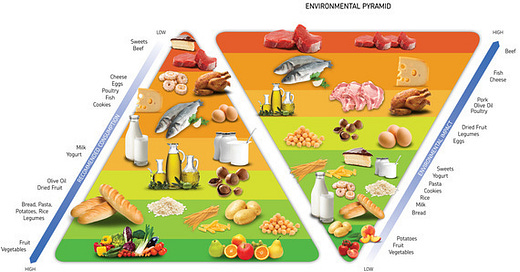




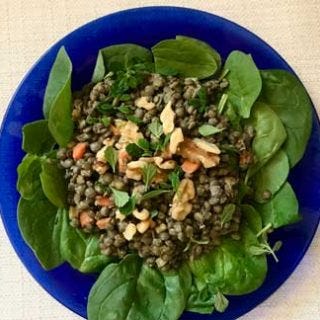
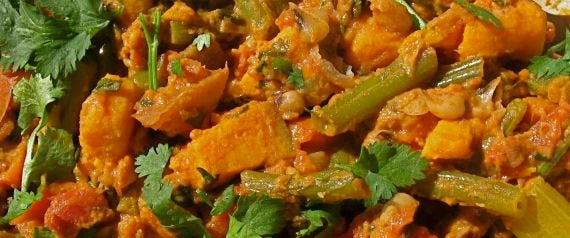
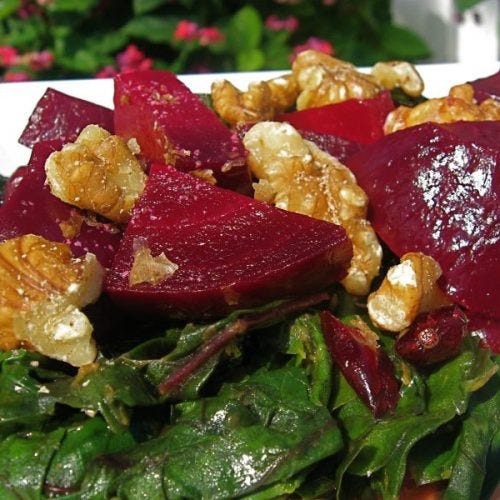

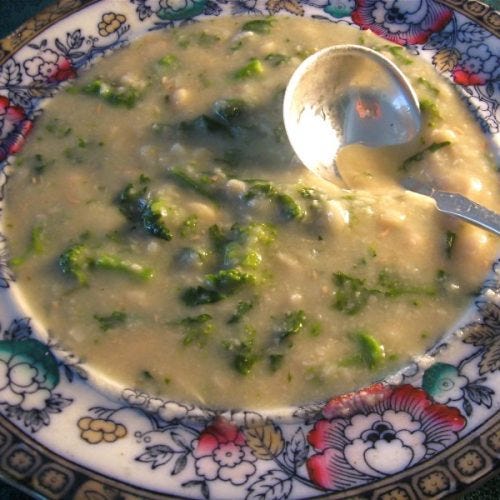
Thanks, Jacquie. As ever, you raise a good point. The data from the United Nations Food and Agriculture Organization, doesn't take food justice and social justice issues into account. That said, while commercial production of bananas is a monoculture, it's important to remember there's at least 2 dozen varieties of bananas, most of them grown right here in South Florida. Choosing them over the large scale commercial brands supports local farmers and reduces carbon. I hope you'll join the Broccoli Rising online chat today at 5pm and we can keep the conversation going.
I agree with you that making food choices that are good in regard to the environment. Also, you mentioned that bananas were a good choice in terms of fruit starches. So, i wonder what your thoughts were with regards to the significant toxic environmental and human their production involves. Additionally, they are a monoculture which has negative impact as well. And buying organic is certainly not a possibility for many. Thanks.